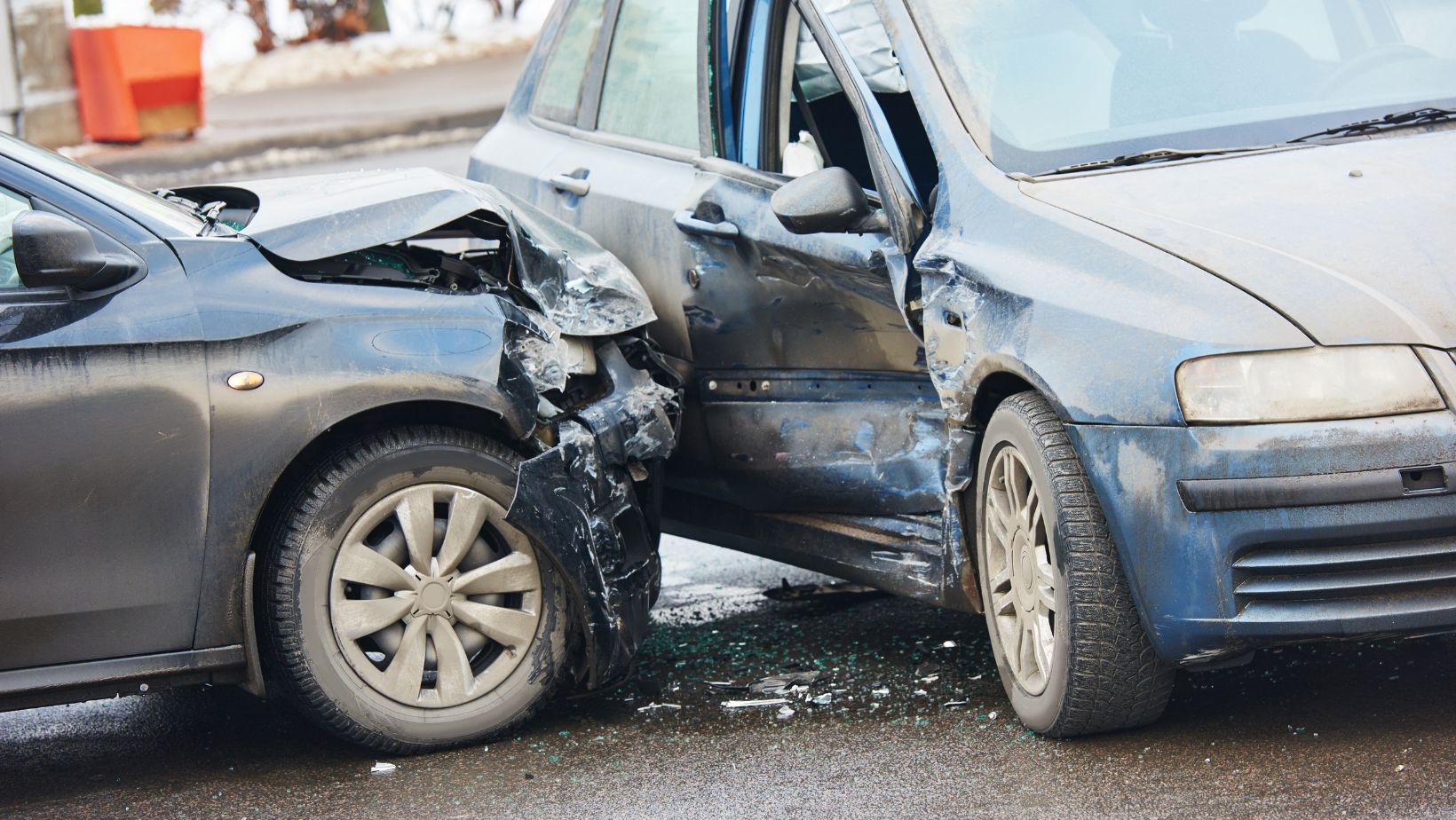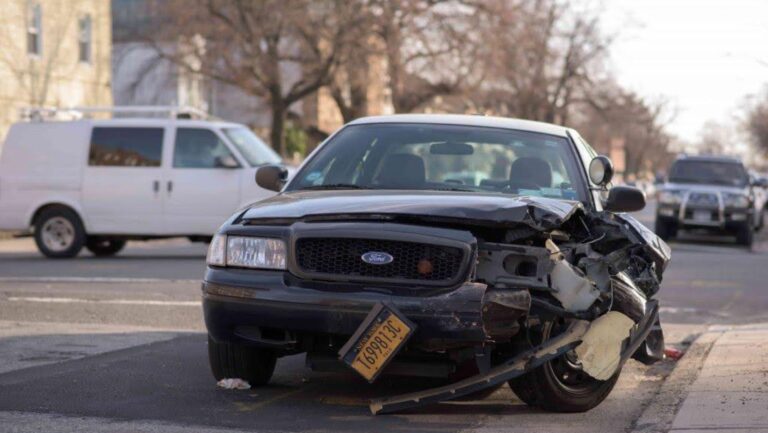Accepting the first settlement offer after a car accident is tempting, especially when bills start piling up, and you want a quick resolution. However, the initial offer often falls short of covering all the damages and future expenses. Insurance companies tend to minimize payouts, hoping that claimants will take the first amount presented.
This is why it’s crucial to evaluate any settlement offer carefully and, if needed, hire a car accident attorney to help ensure you’re fairly compensated. In this article, we’ll explore why taking the first offer can be a costly mistake and how professional guidance can make a difference. Keep reading.
Incomplete Assessment of Damages
After a car accident, damages are not always immediately apparent. Medical issues like soft tissue injuries, whiplash, or internal injuries may develop over time, requiring ongoing treatment. Initial settlements often cover only the most obvious, immediate expenses, leaving out future medical bills, rehabilitation costs, or long-term impacts on your quality of life.
Taking the time to assess damages fully—both physical and financial—can lead to a settlement that better reflects the true scope of your losses.
Undervaluing Your Claim
Insurance companies are businesses, and minimizing payouts is often part of their strategy. Initial settlement offers typically don’t account for the total value of pain and suffering, lost wages, or decreased earning capacity due to long-term injuries.
Without a careful evaluation, accepting an undervalued claim may leave you with out-of-pocket expenses later. A thorough understanding of what your claim is truly worth can make a significant difference in covering your needs both now and in the future.
Lack of Legal Counsel
Many people don’t seek legal advice immediately after an accident, which can leave them vulnerable to quick settlements that aren’t in their best interest. Legal professionals understand the tactics insurance companies use and can identify when a settlement offer is unfair.

Pressure to Settle Quickly
Insurance companies often create a sense of urgency to push claimants into quick settlements, knowing that this can prevent them from seeking proper evaluation or legal support. This pressure to settle fast can be overwhelming, especially if claimants are facing financial strain from medical bills and lost wages. Resisting this pressure allows time for a complete review of all damages so the final settlement accurately reflects your needs.
Waiving Future Rights
Accepting an initial settlement usually means signing a release of liability, which prevents you from pursuing further compensation in the future. If unforeseen medical issues arise, or if you realize that the settlement doesn’t cover all damages, you will have waived the right to revisit the claim. This makes it crucial to consider the long-term implications of settling early. Once you accept, the chance for any future legal recourse may be lost.
Potential Legal Recourse
If an initial settlement offer does not adequately cover your damages, you may have legal recourse to pursue a fairer outcome. Claimants can negotiate or challenge the offer, especially if there is evidence that the insurer undervalued the claim. Legal professionals can help navigate these negotiations, ensuring that you don’t settle for less than what you deserve. Taking the time to explore all legal options can lead to a more favorable settlement that fully addresses your needs.

In conclusion, settling quickly after a car accident can be tempting, but rushing into an agreement may cost you more in the long run.




